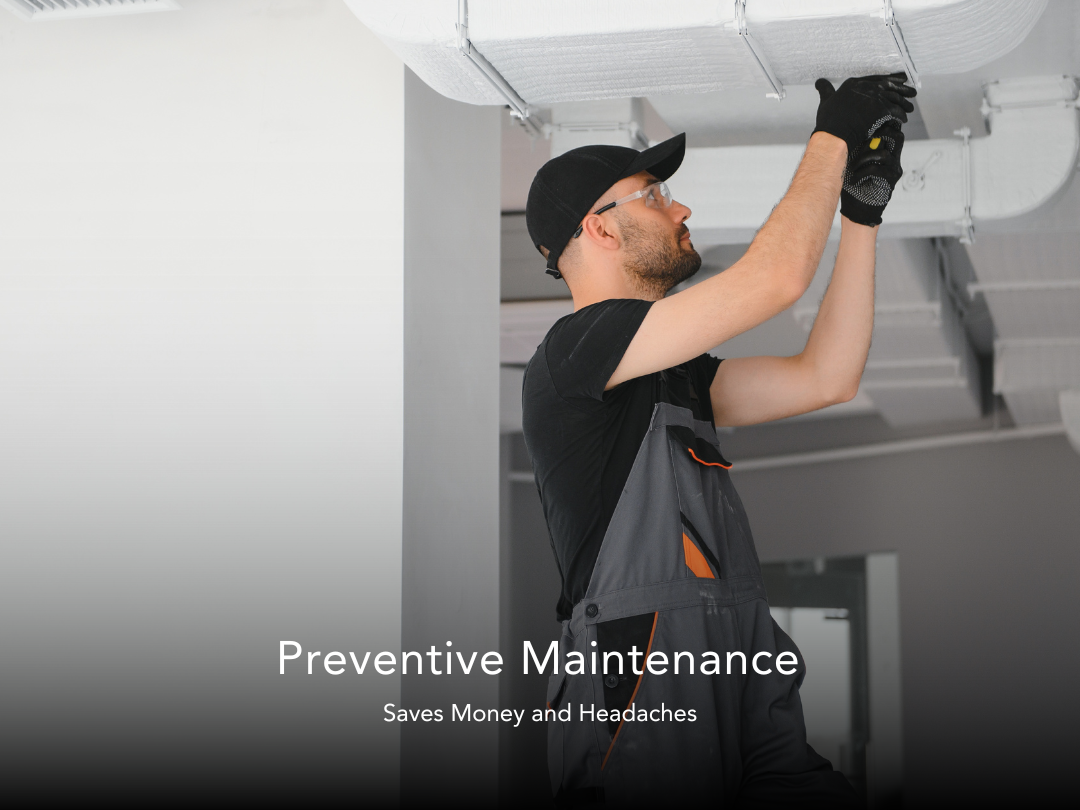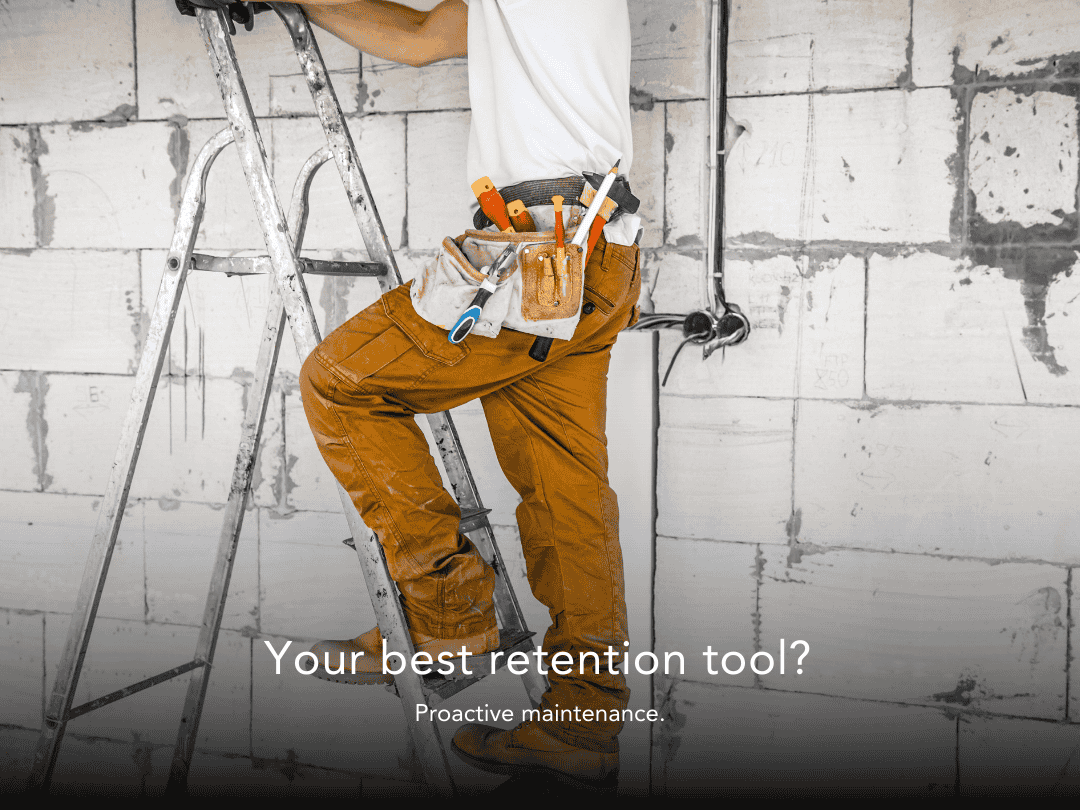Here are the steps to fix a running toilet:
Remove the lid from the toilet tank and place it in a safe location where it won't get damaged.
Take a look inside the tank and identify the flapper valve. This is the rubber or plastic piece that covers the hole at the bottom of the tank.
Check the chain that connects the flapper valve to the flush handle. Make sure it is not too loose or too tight. If it's too loose, the flapper won't close completely, causing water to continue running into the bowl. If it's too tight, it can prevent the flapper from opening fully and cause a weak flush.
If the chain is too loose, adjust it to the proper length by moving the hook on the chain to a higher or lower hole on the flush handle.
If the chain is already at the right length, check the flapper valve itself. If it appears to be worn or damaged, it may need to be replaced.
If the flapper valve looks fine, check the water level in the tank. It should be about an inch below the top of the overflow tube. If it's too high, the excess water will constantly flow into the bowl, causing the toilet to run.
If the water level is too high, adjust the float. The float is a plastic ball or cylinder that regulates the water level in the tank. You can adjust it by turning the screw on top of the fill valve. Turn it clockwise to lower the water level and counterclockwise to raise it.
Once you've made the necessary adjustments, turn the water supply back on and let the tank fill up. Flush the toilet a few times to make sure it's working properly and there are no more leaks or running water.
That's it! Hopefully, these steps will help you fix your running toilet. If you have any further questions or concerns, please don't hesitate to ask.
Technology is part of every aspect that touches our everyday lives. There’s no escaping it; we all have mobile phones and computers and a wide range of electronic devices that are pretty intuitive to what we need and want.
Stop surprise repairs with a simple, seasonal plan. Set clear response times, log fixes, and keep small issues from growing and repair budget steady.
When managing rental properties, efficient property maintenance is key to providing a positive experience for landlords and tenants. Timely and effective repairs not only keep the property in top condition and contribute to tenant satisfaction and retention.
Winter brings a predictable dip in renter activity, but it does not have to sink results. Here is how to navigate the season, sharpen marketing, and use incentives wisely.
Communication is the backbone of property management. Owners want clarity on performance and cash flow. Residents want quick answers and visible progress on requests. The right mix of tools and habits turns communication from a pain point into an advantage.
Busy days calm down when the right tools do the heavy lifting. Here’s how our stack speeds leasing, maintenance, payments, and reporting without adding noise.
Property management is an economic engine in Boise. From steady housing supply to vendor jobs and safer, well-kept neighborhoods, the ripple effects touch residents, owners, and local businesses.
The right software won’t run your business for you, but it will clear roadblocks: rent gets paid on time, work orders stop slipping, and your books match reality. Here’s a straightforward way to evaluate options if you manage rentals in Boise and the Treasure Valley.
Dive into the future of property management in Boise, Idaho, and discover how technology is reshaping the industry. Learn how to leverage the latest trends to future-proof your business, improve tenant satisfaction, and stay ahead of the competition.
A year-round approach to pricing, amenities, maintenance, and communication that reduces vacancy and grows resident satisfaction.
Boise’s seasons change—your playbook can stay simple. Prep the property, plan your leasing moves, and communicate clearly with residents. Use this quick guide to keep cash flow steady from winter to fall.
Learn key factors to consider when choosing a property management company, from reputation and communication to legal compliance and technology integration.













